Spices to deter common garden pests – 3 natural repellents for the backyard
Using spices from the kitchen cupboard is a quick and easy way to prevent pest infestations in your garden borders

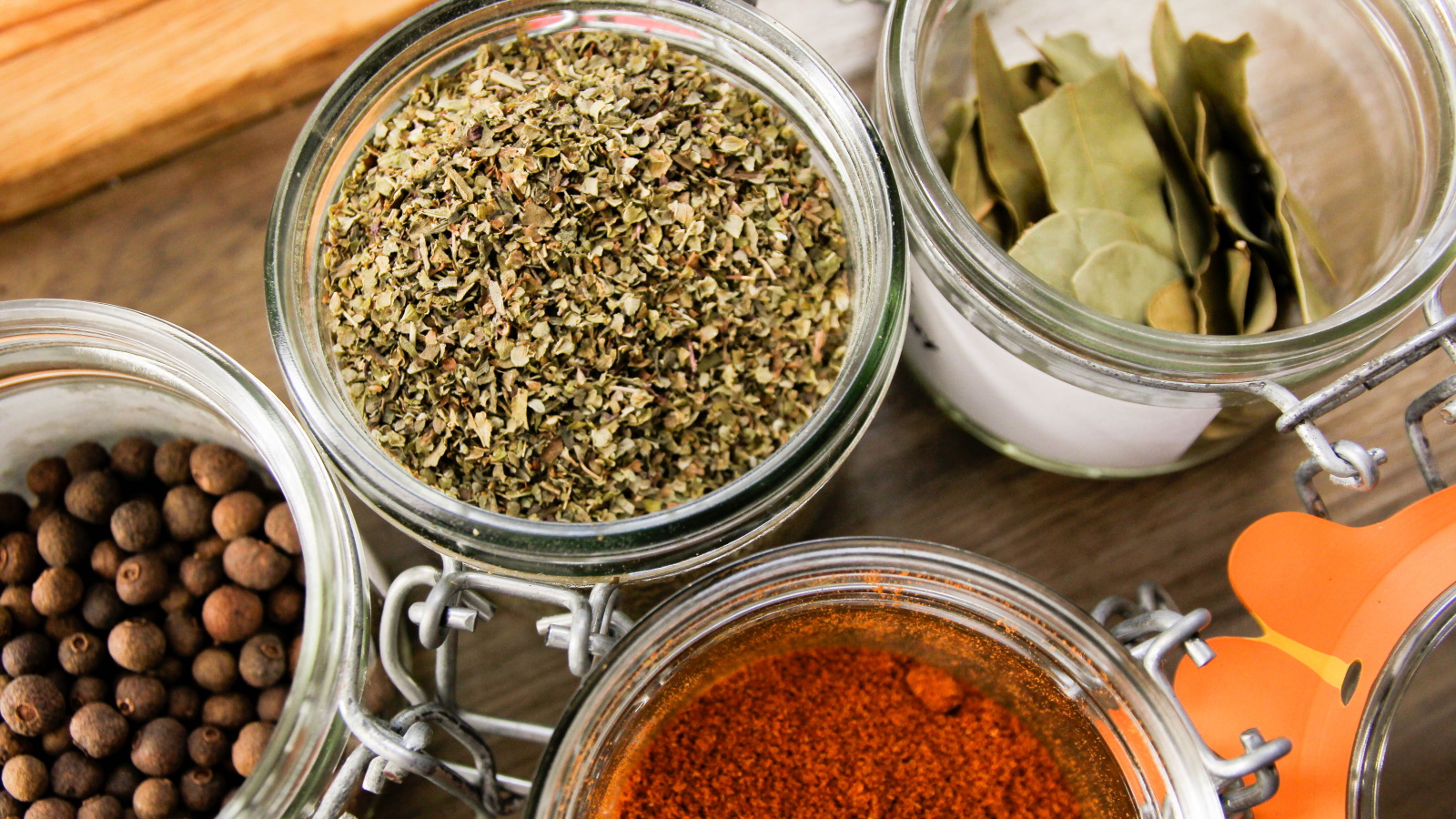
Backyard pest infestations are common during the growing season. Yellowing leaves, withered fruit, or nibbled stems are all a cause for concern, as gardeners seek to keep crops healthy to produce the best plants, fruit and flowers.
As a professional gardener, I have learned to accept that garden pests that can destroy plants will forever be an ongoing battle that cannot be won. Instead, gardeners must find natural ways to limit the damage caused by common backyard pests. While many pesticide products on the market will kill or deter pests, I am always seeking innovative or homemade natural pest control methods and garden ideas that are cost-effective and simple.
One such on-trend pest control method is using household spices as a natural deterrent that can help to ward off pests. Here, I share three spices with natural pest-repellent qualities that gardeners can try in their backyards.
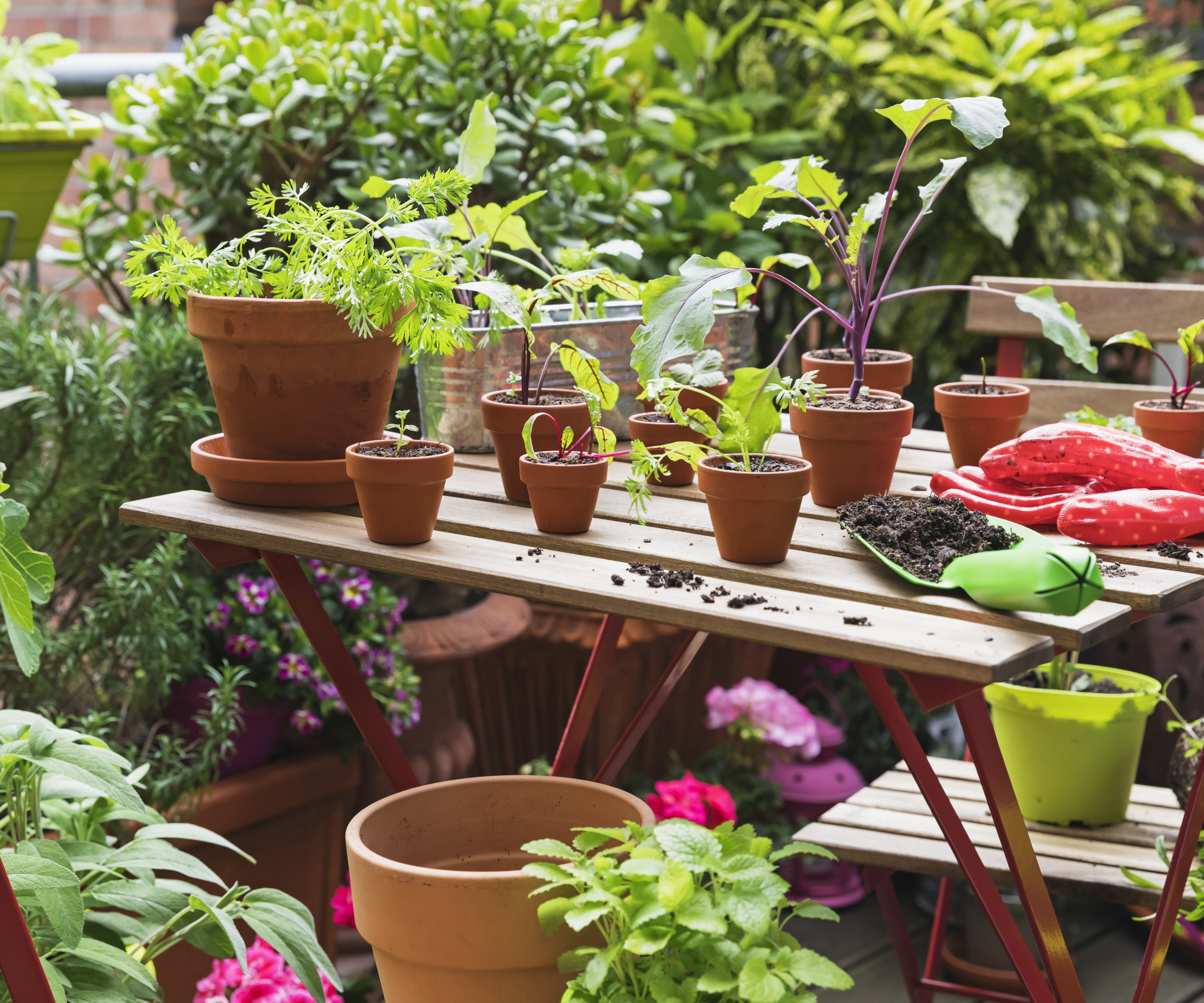
3 spices to deter common garden pests
Many household spices are considered to be natural deterrents that can help to ward off problems and pests in the backyard. Cloves, chili powder and cinnamon are each considered to limit and reduce pest issues. So, why not raid the spice rack, and see if this trick can work for you?
1. Cloves
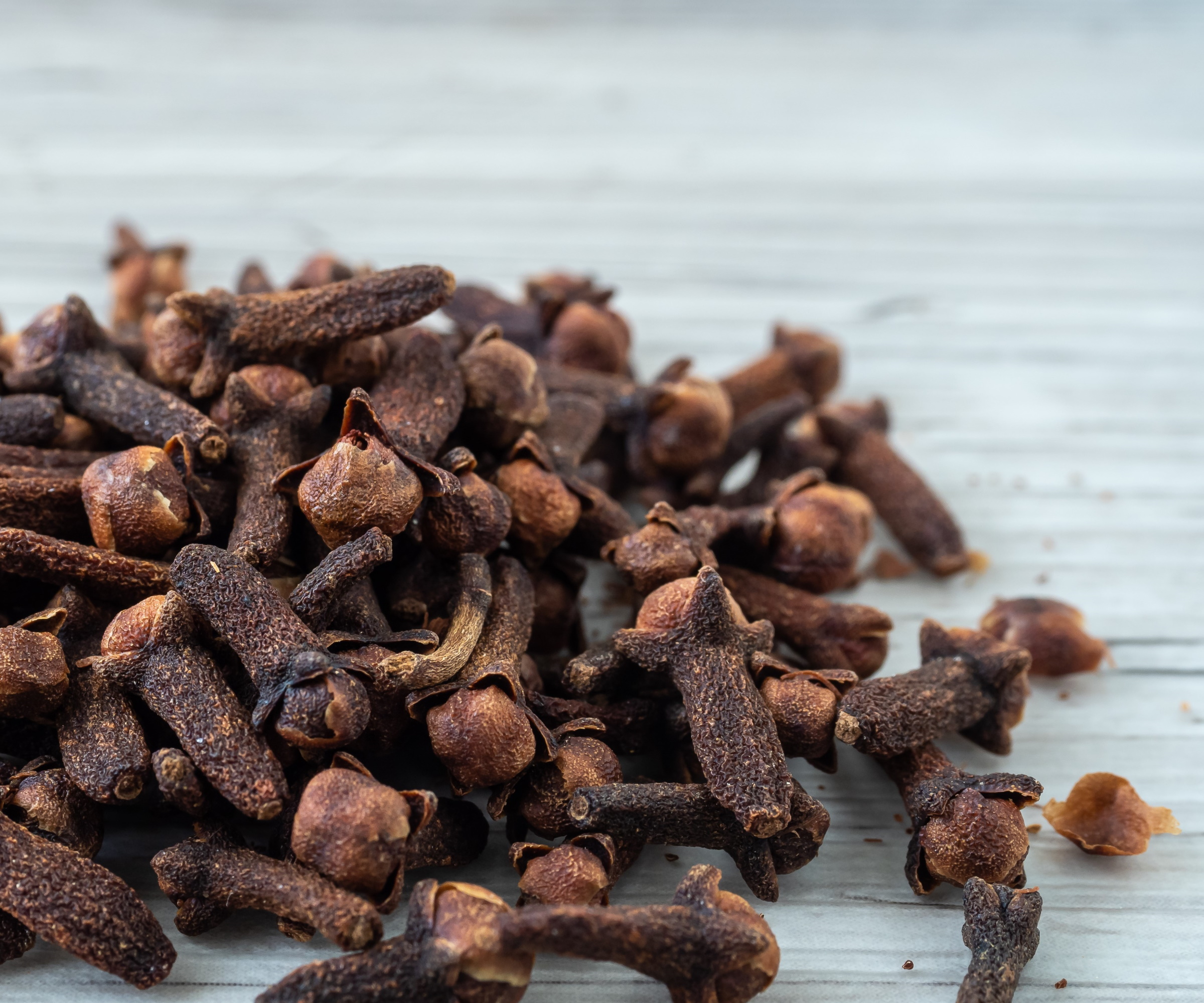
Cloves are prized for their distinctive fragrance, valued in cooking and medicine. Some of the most common garden pests, including aphids and whiteflies, do not like cloves, with a strong taste and aromatic scent.
Aphids and whiteflies are problematic in both the vegetable and flower garden, notable as dahlia pests and strawberry pests that can damage blooms and fruit. Sadly, aphid attacks go unnoticed until the problem is widespread, with a vast colony of pests swarming over the entire plant.
Why not try a clove solution, either by using a clove oil diluted with water, or crushing cloves in a pestle and mortar and placing the base of plants? The scent and/or taste of cloves should help to deter pests before infestations begin. This could be done sooner rather than later, to preempt a summer attack.
Design expertise in your inbox – from inspiring decorating ideas and beautiful celebrity homes to practical gardening advice and shopping round-ups.
2. Chili powder
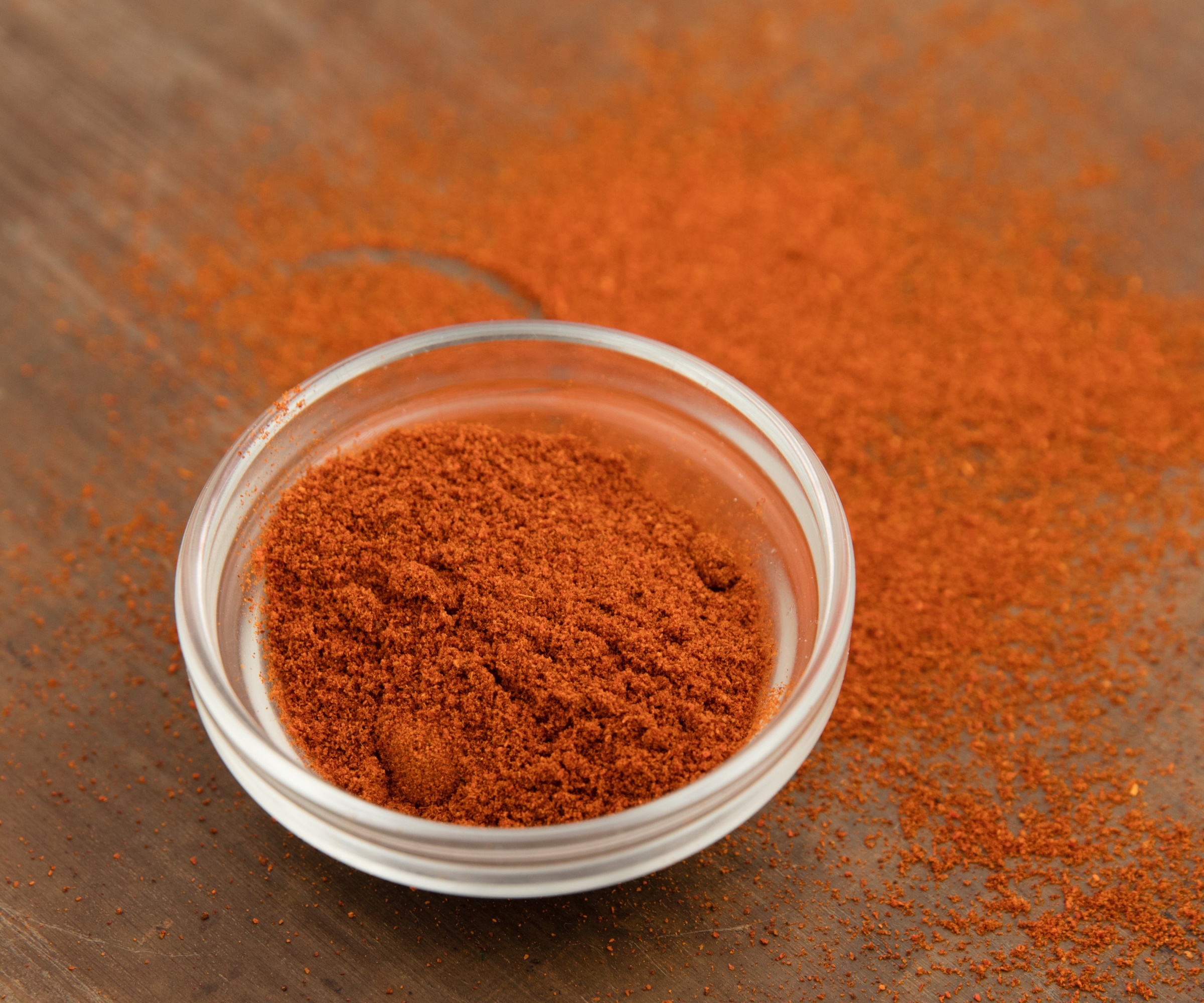
Chili powder can also be used to banish pests by sprinkling it around the base of plants or by making a chili solution to spray on foliage. Slugs, snails and spider mites are all believed to dislike spicy substances, so using a fiery natural pest repellent might be one to consider, particularly if your dahlias or cabbages are popular with the local gastropod community.
Research has shown that hot chili powder or cayenne pepper is most effective when used to repel pests, and these spices are fortunately found in most kitchen cupboards. While there are many DIY recipes to try, combining water with one tablespoon of dish soap in a spray bottle, available from Walmart, and adding two teaspoons of cayenne pepper is a simple method to try.
Using this solution, spray the lower leaves of plants that are attractive to slugs and snails. The dish soap will help the spicy solution to stick to the foliage. Spraying only the lower leaves and stems will help to prevent slugs and snails from reaching new, young leaves as they unfurl.
3. Cinnamon
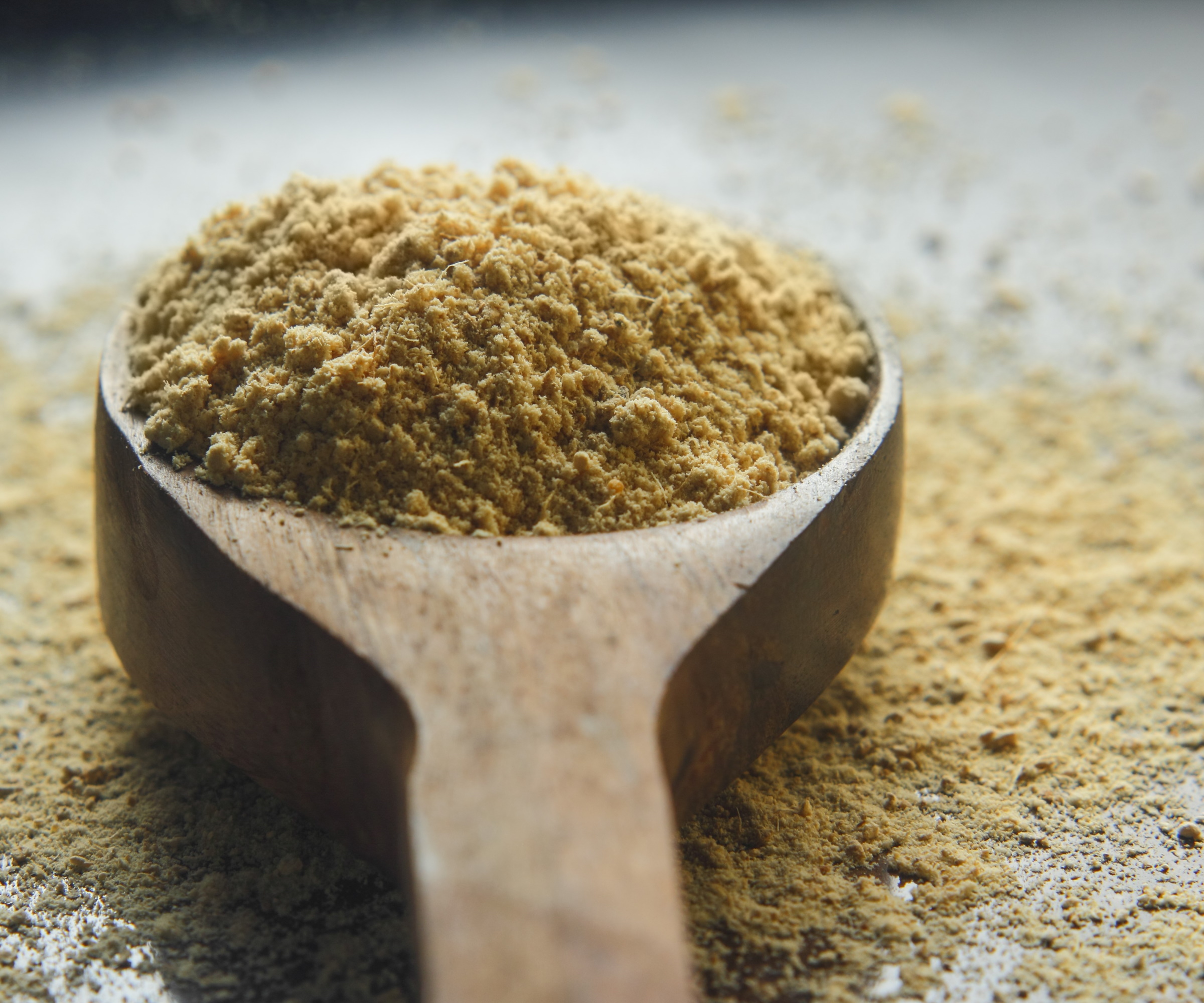
Cinnamon is considered a useful deterrent for gardeners to use if they have an ant problem. Ants do not like cinnamon powder, so applying a barrier of this fragrant spice can help decrease any ant problems in the backyard.
For those gardeners wondering how to get rid of ants, remember that many ants can be beneficial in the backyard, acting as pollinators and predating on aphids. However, specific ants - such as red ants or wood ants - can be problematic, causing damage to wooden structures or fences, and even biting. This can be a problem if you have children or a play area in the backyard. Cinnamon might be able to help deter ants in this instance.
In addition, scientific studies have hinted at the potential for using cinnamon in soil to limit the spread of fungal infestations, which can often be a problem with young plants and seedlings where soil can be damp. Create a cinnamon fungicide using 1 to 2 teaspoons of cinnamon powder combined with water in an 8 to 10L watering can, available from Walmart.
FAQs
What should I use to combat an aphid infestation?
There are many organic pest sprays available from garden stores or online, such as this natural insecticide available from Walmart. While these products may be effective, why not have a go using a common household spice to combat aphids?
Aphids are believed to dislike the strong scent and taste of cloves, so you could use ground cloves at the base of plants, or make a clove oil solution, as a natural and quick homemade option.
Spice repellents might be unproven or hearsay, but these quick and simple options are worth a shot. Not only are they quick to implement, but they are natural, and might help to prevent a pest problem. If you are looking for more DIY garden projects, why not consider our guide on making plant fertilizer using weeds.

Thomas is a Content Editor within the Gardens Team at Homes and Gardens. He has worked as a professional gardener for both public spaces and private estates, specializing in productive gardening, growing food and flowers. Trained in Horticulture at the Garden Museum, he has written on gardening and garden history for various publications, including The English Garden, Gardens Illustrated, Hortus, The London Gardener and Bloom. He has co-authored a Lonely Planet travel book, The Tree Atlas, due out in 2024.
